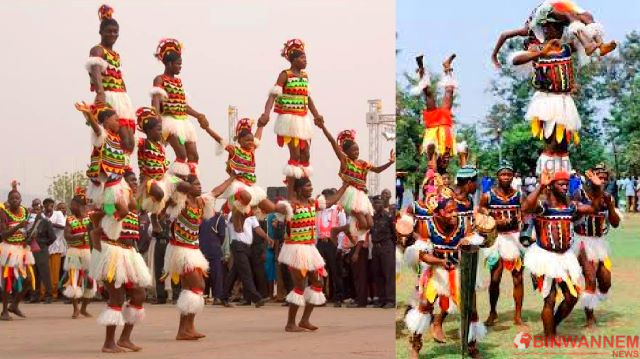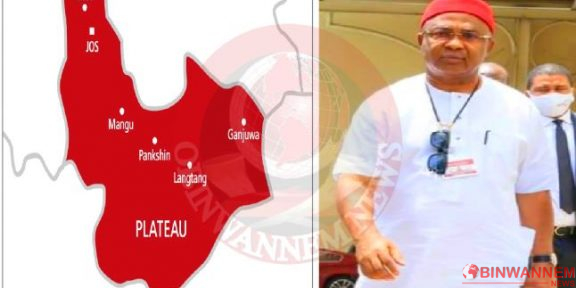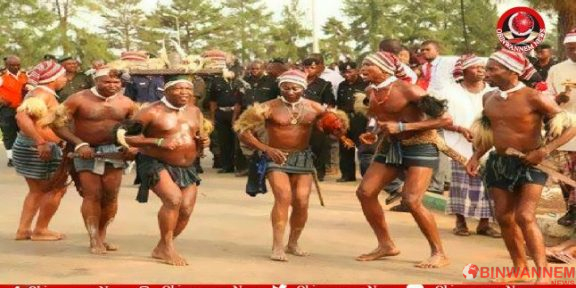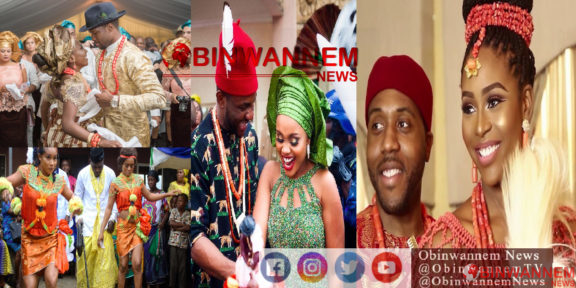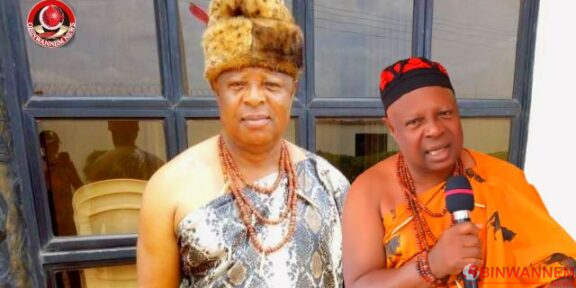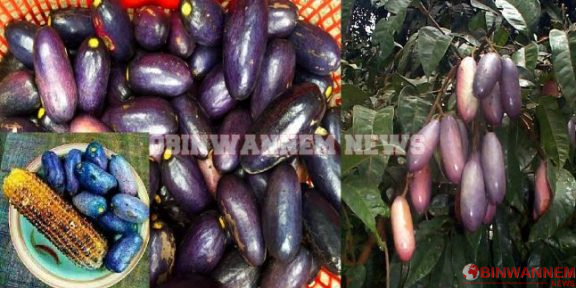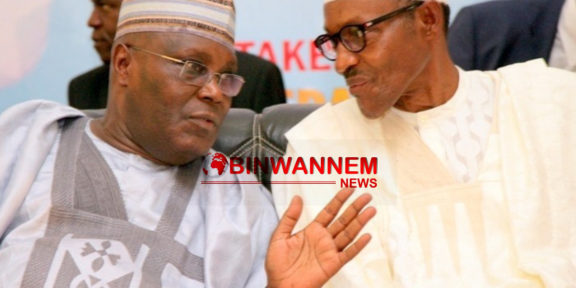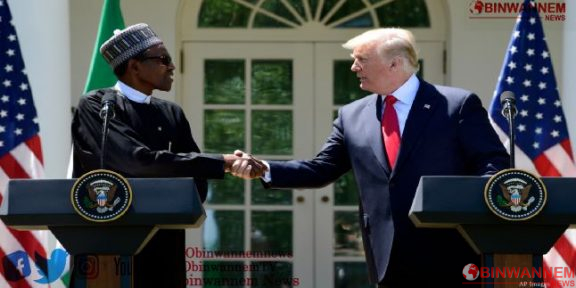The Igbo people of southern Nigeria are known for their rich cultural heritage and a well-structured socio-political system that has endured for centuries. Central to this system are the Age Grade Associations, which have played a crucial role in maintaining social relationships and ensuring peaceful co-existence among the Igbo people. However, with the advent of colonialism, the strength of these associations waned, and some even disappeared. In this article, we will delve into the significance of Age Grade Associations in Igbo tradition, explore their historical role, and propose a way of revitalizing them in the present day.
The Importance of Age-Grade Associations
Age-grade or age-set in Igbo culture refers to a group of individuals born in the same year or age bracket, typically within a range of one to three years. These age sets maintain close social bonds and carry out various activities together, reflecting their belief in the interdependence of their members. The Age Grade Associations have played multifaceted roles in Igbo society:
Social Cohesion: Age Grade Associations foster unity and camaraderie among members. They provide a support system where individuals can rely on one another for various needs, such as assistance during ceremonies, farming, or times of personal challenges.
Conflict Resolution: In the pre-colonial Igbo period, these associations served as dispute resolution mechanisms. They identified and adjudicated issues within the society, ensuring that justice was served and discipline maintained.
Community Development: Age sets often undertook communal projects, such as road construction, building houses, or organizing festivals. This collective effort enhanced the development of Igbo communities.
Historical Context
The strength of Age Grade Associations significantly declined during the colonial era. Colonial policies disrupted traditional Igbo cultures and values, contributing to the weakening of these vital institutions. Nevertheless, their historical importance cannot be overstated.
Revitalization for Modern Times
To ensure the preservation of Igbo tradition and harness the potential benefits of Age Grade Associations in contemporary society, the following steps can be considered:
Research and Documentation: Conduct comprehensive research into the current state of Age Grade Associations across Igbo communities. Document their history, functions, and challenges faced in the modern context.
Government Advisory Committee: Establish a government advisory committee tasked with studying pre-colonial dispute management mechanisms across various ethnic groups in Nigeria, with a focus on the role of Age Grade Associations. This committee can make recommendations on how to incorporate these traditional systems into the modern legal framework.
Community Empowerment: Encourage the revival of Age Grade Associations by providing support for their activities and initiatives. This might include financial assistance for community development projects, cultural events, and educational programs.
Education and Awareness: Promote awareness and understanding of Igbo traditions, including the importance of Age Grade Associations, through educational programs in schools and community outreach.
Age Grade Associations have been an integral part of Igbo culture, fostering unity, resolving conflicts, and contributing to community development. Despite the challenges they have faced over the years, revitalizing these associations can help preserve Igbo tradition and promote social harmony in modern Nigeria. By recognizing their historical significance and working to incorporate them into contemporary society, we can ensure that these age sets continue to play a meaningful role in the lives of the Igbo people.


